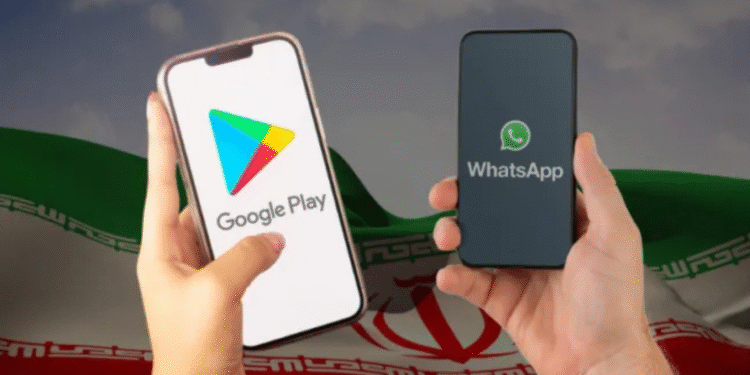Iran has lifted its ban on Meta’s WhatsApp and Google Play, a significant step toward reducing the country’s strict internet restrictions. The move comes as part of a broader shift in the nation’s internet policies, which have long been among the strictest in the world.
Tight Internet Controls in Iran
Iran’s government has long maintained tight control over the internet. Many popular social media platforms like Facebook, Twitter, and YouTube have been blocked, with access often restricted to the country’s population. Despite these barriers, many Iranians use virtual private networks (VPNs) to bypass the blocks and access the sites.
A Step Toward Easing Restrictions
According to Iranian state media, a meeting led by President Masoud Pezeshkian resulted in a majority vote to lift the restrictions on WhatsApp and Google Play.
“A positive majority vote has been reached to lift limitations on access to some popular foreign platforms such as WhatsApp and Google Play,” the IRNA news agency reported.
Iran’s Minister of Information and Communications Technology, Sattar Hashemi, emphasized that this is only the first step in removing the country’s internet limitations.
Social Media’s Role in Protests
Social media platforms have played a key role in protests in Iran. In September, the United States urged tech companies to help users in Iran and other countries facing heavy internet censorship. The unblocking of WhatsApp and Google Play could be seen as a response to increasing pressure from both domestic and international sources.
What’s Next for Iran’s Digital Space?
While the lifting of the ban on WhatsApp and Google Play marks a significant change, it remains unclear whether other platforms like Facebook, Twitter, or YouTube will follow suit. This development is a first step, and Iran’s future internet policies may continue to evolve as the country faces both internal and external pressures related to online freedom.














